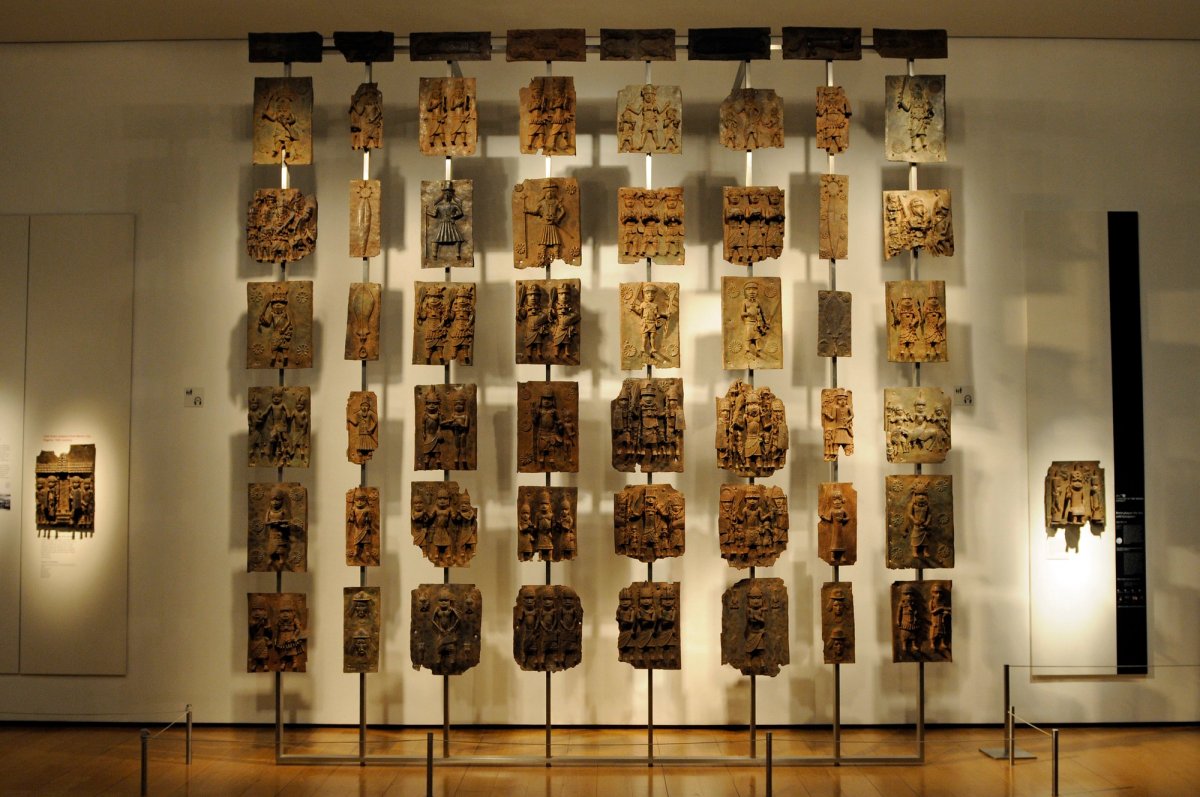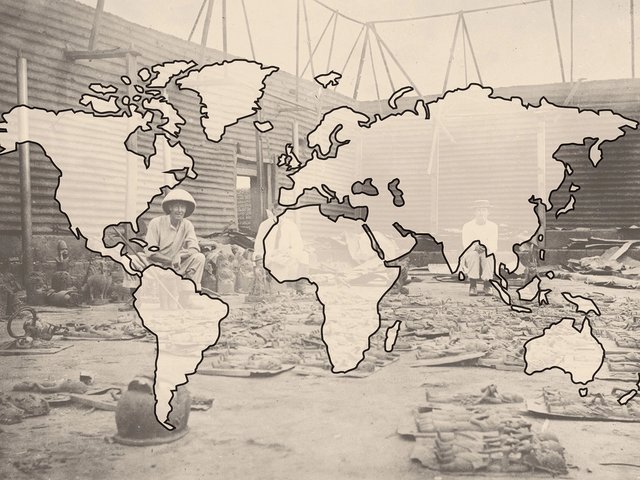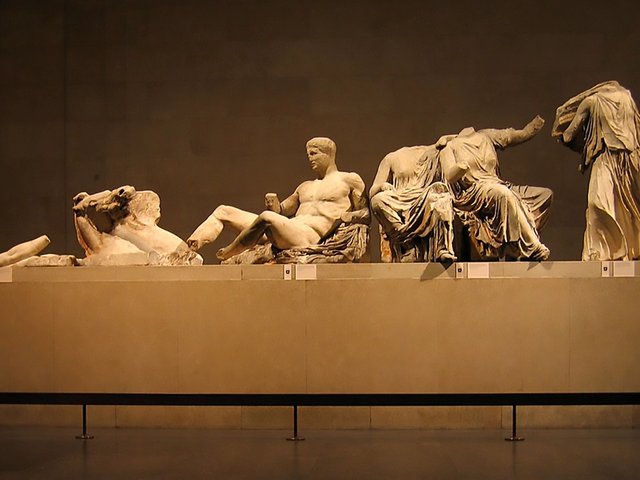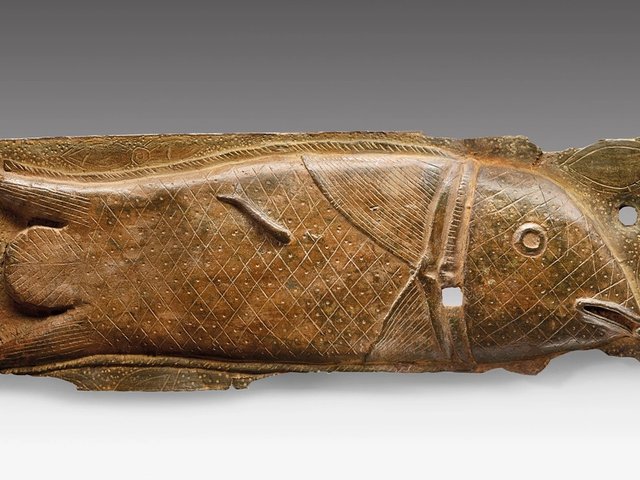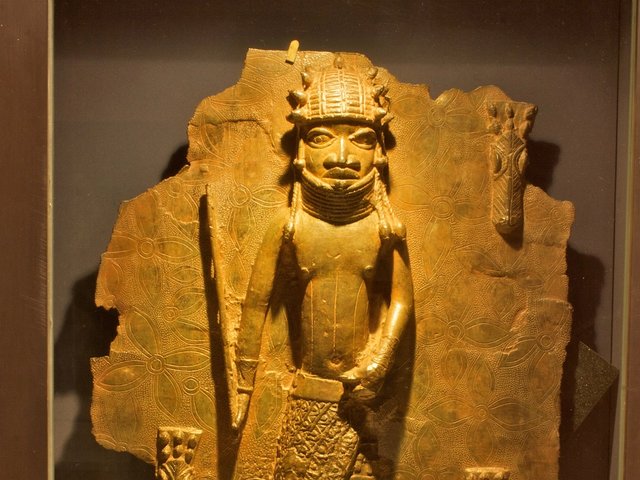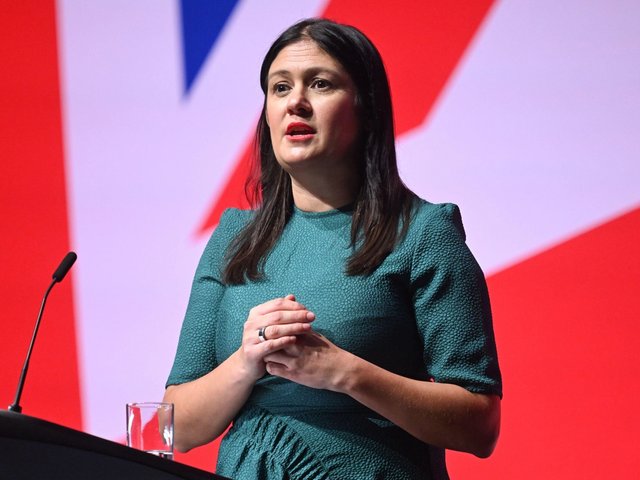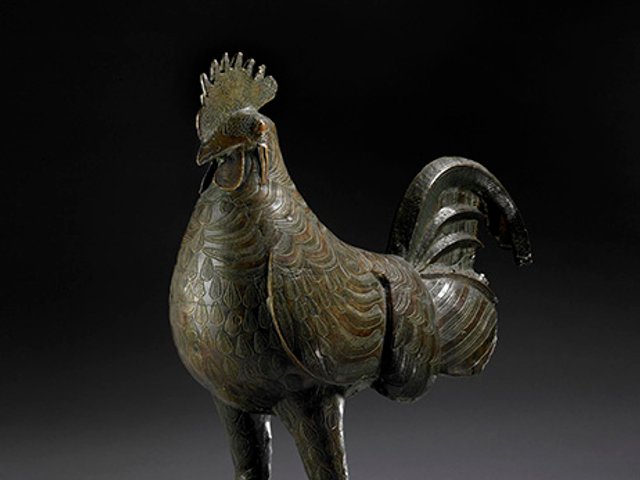The restitution of Benin bronzes by British institutions to Nigeria will require UK export licences. Stephen Parkinson, the arts minister, tells The Art Newspaper that items returned must go through the same procedure as any other works.
“It is important that the export process is followed properly,” he says, referring to any restitution by UK museums or private owners. Although the Benin bronzes represent the most pressing African restitution issue, objects were also looted in other military raids during the colonial period, including from Ethiopia and from what is now Ghana.
In the case of Benin, only valuable examples of bronzes would be considered for deferral by the government’s advisory Reviewing Committee on the Export of Works of Art. Although in practice it is extremely unlikely that a UK buyer would step forward to make a matching offer and prevent repatriation, the normal procedures would still need to be followed. If a licence were deferred, in order to allow a UK buyer to match the sum, this would require a valuation.
The finest Benin bronzes have sold for considerable sums, with one auctioned by Sotheby’s in 2007 for $4.7m. However, because of restitution claims and growing international concern about how they were acquired, important Benin items are now rarely openly sold. With the slump in demand, it would be difficult to fix valuations for any destined for export.
Although Aberdeen University formally handed over ownership of a bronze head of an Oba (king) in October 2021, the actual return was delayed until February 2022 to await a UK export licence. The Nigerian high commissioner in London, Sarafa Tunji Isola, did consider whether the country could bypass this requirement, using diplomatic privileges, but he commented that there were “a lot of these objects to come home”, so it would be good to start off on a proper basis.
Because of restitution claims and growing international concern about how they were acquired, important Benin items are now rarely openly sold.
The Horniman Museum handed over six Benin objects to the Nigerian authorities in London last November, but it is not yet clear whether they are awaiting export licences or have been sent back.
The possible return of some of the Parthenon Marbles would also require UK licences. Although ownership of the sculptures could not be transferred to Greece, because of restrictions on deaccessioning under the 1963 British Museum Act, even loans would need temporary export licences.
Temporary licences would require that the Marbles should eventually be returned to the UK and not remain indefinitely in Athens, a condition that has so far appeared unacceptable to the Greeks. So the formal requirement for UK government temporary licences may well prove to be yet another obstacle to a loan agreement between the British Museum and the Acropolis Museum.


